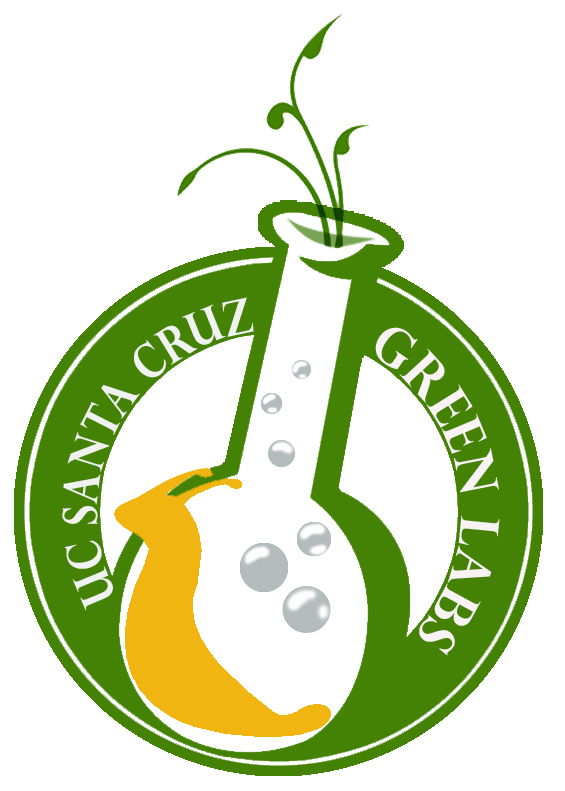Food Systems Working Group Produce Pop-Up Internship
The Food Systems Working Group, anchored within the Center for Agroecology & Sustainable Food Systems (CASFS) is looking for two driven individuals to assist with our academic year organic Produce Pop-Up, which takes place once a week at the Quarry Plaza. In efforts to improve issues of food access and healthy food purchasing on campus, the Produce Pop-Up provides a space for students to purchase affordable produce sourced from the CASFS Farm and local Santa Cruz farmers’ markets. For more information, contact Margaret Bishop at mlbishop@ucsc.edu.
Education for Sustainable Living Program
ESLP is a collaborative and interdisciplinary effort to reshape the way we learn, effectively mentor students, and engage in projects that support the sustainable development of the University of California at Santa Cruz community. Please check out eslp.enviroslug.org for more information, and reach out to eslp@ucsc.edu with any questions or to set up an interview.
Monterey Bay National Marine Sanctuary Exploration Center
The Monterey Bay National Marine Sanctuary Exploration Center is looking for a weekly intern who will assist in the coordination and delivery of the Preschool Storytime program. Duties will include assisting in the coordination of a weekly preschool activity time at the Sanctuary Exploration Center, helping set up and leading weekly crafts and show-and-tell demonstrations, and assisting in program advertising. For more information, please contact Chelsea Prindle at chelsea.prindle@noaa.gov.
DUE 1/4/19: Seymour Center Visitor Programs Docent Training Intern
Interns work with the Visitor Programs staff and volunteers to develop teaching materials for the docent training course held at the Seymour Center. Interns assist with interpreting research exhibits, seawater touch tank, and aquarium displays to visitors. Interns also help with basic support and background research that is essential to program operation. For more information, visit the Seymour Center website.
UCSC Plant Science Symposium
The 9th Biennial UCSC Plant Symposium will be held Saturday, January 26th, 2019! The symposium consists of presentations followed by a poster session and happy hour. There is no fee to attend and lunch is provided. If you are interested in attending, please register by filling out this google form. Undergraduate doing research are invited to present a poster on their research, which gives you an excellent opportunity to talk with graduate students and faculty about your research.
Wolf Ridge Naturalist Training Program
Each week you might teach six classes, participate in workshops/field trips/seminars covering education and natural history, serve as a liaison for a visiting group, go on an adventure with other naturalists, and more. Though the schedule will be filled, if you enjoy a little chaos and love the outdoors, Wolf Ridge might be worth looking into. For more information or to apply, contact Joe Walewski at joe.walewski@wolf-ridge.org
Montana Farm Jobs and Internships
The 2019 farm season will be here before you know it! Get your hands dirty learning the ins-and-outs of farming or ranching and get exposure to a variety of local and sustainable food systems amid the rugged, breathtakingly beautiful landscape of Montana! Farm Link Montana Is a free, searchable database of current listings for jobs, internships, and land opportunities in Montana. It features a searchable map of farms and ranches across the state hiring for the upcoming season. Learn about each operation and apply to multiple jobs at once with just one application.
Improving Student Food Security at UCSC - Research Study
Earn $50 for participating in a research study examining food access at UCSC. You will be asked to share your experiences in a confidential small group setting with other students at the Blum Center. If you are interested, contact Desiree Ryan at daryan@ucsc.edu to sign up.
DUE 2/8/19: Doris Duke Conservation Scholars Program
A two-year conservation mentorship that takes place over two summers for 20 students across the US, its territories, and Native Nations, who are in their early-undergraduate career (freshmen, sophomores, juniors). Scholars are exposed to the field of environmental conservation through field research, leadership, and professional training. Scholars receive travel, lodging, support, and a $4,000 stipend each summer. For more information, visit conservationscholars.ucsc.edu or email the Program Director, Dr. Justin Cummings at jacummin@ucsc.edu.







